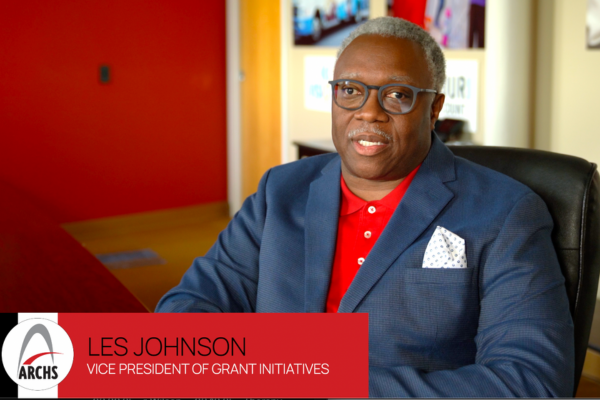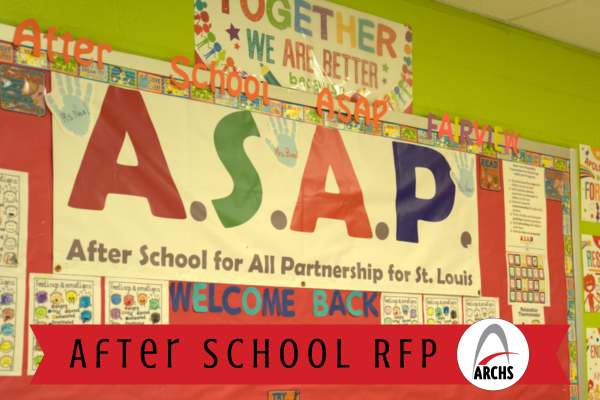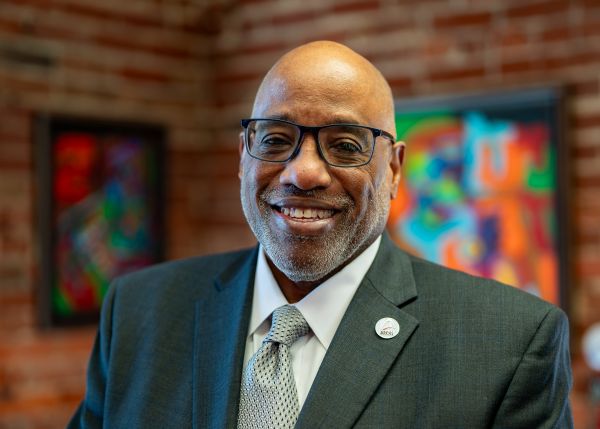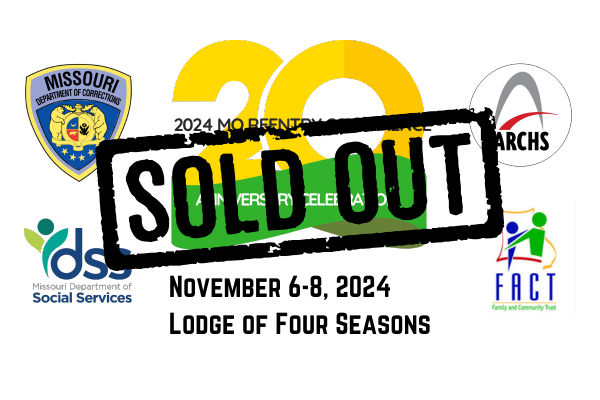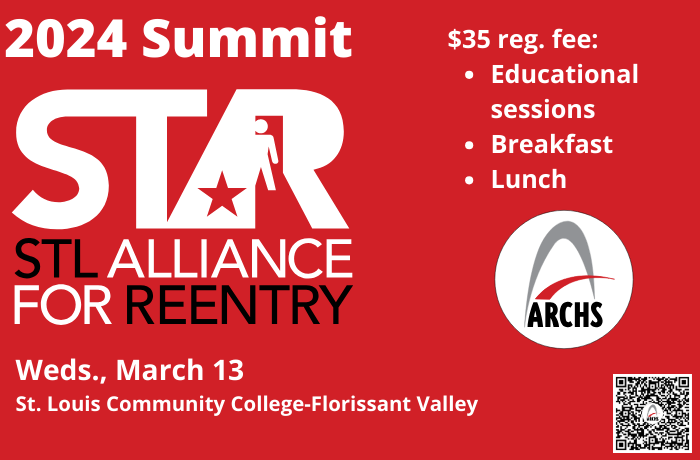-


Ultimate crowdfunding platform
-


-


-


ARCHS funds and strategically enhances human service initiatives to improve the lives of children and families in St. Louis’ most resource-deprived communities - disrupting generational poverty.
About Us
Established in 1998, Area Resources for Community and Human Services (ARCHS) is a 501c3 organization that provides grant funding and business consulting services to support area not-for-profit human service agencies.
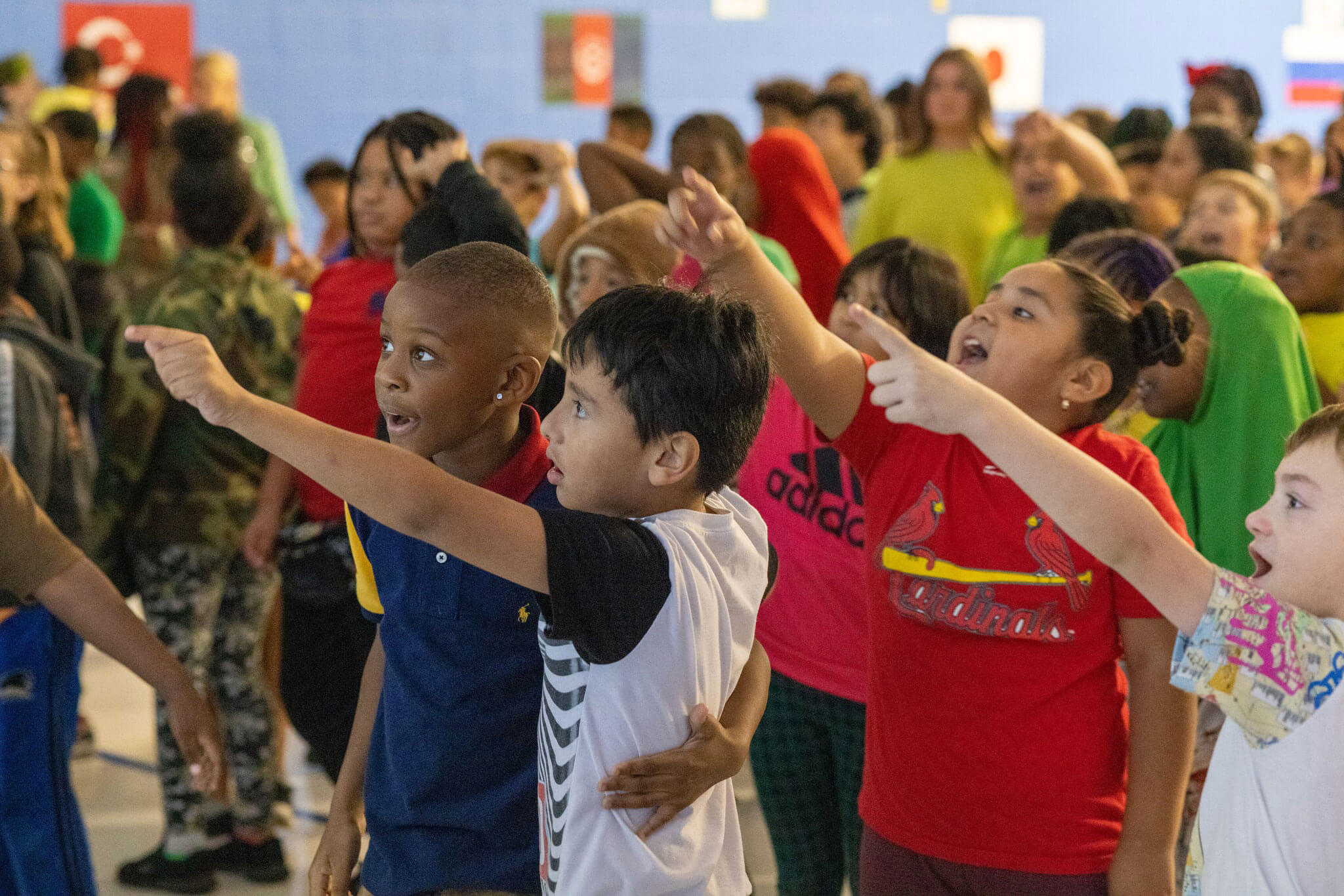
Recent Community Impact
IN GRANT MAKING
TOTAL ECONOMIC IMPACT
AGENCIES FUNDED
COMMUNITY PARTNERS
PEOPLE SERVED
LATEST
NEWS
ARCHS In Action with Les Johnson
Our ARCHS in Action video series celebrates the work of our staff that provides strategic business consulting services and technical support to assist our network of 50 funded partners....
2025-2026 Afterschool RFP
ARCHS is issuing an RFP to provide funding to qualified service provider(s) to manage after school/out-of-school-time programs as a part of its After School for All Partnership (ASAP). ASAP...
ARCHS Announces Retirement of CEO Wendell E. Kimbrough
Wendell E. Kimbrough, who has grown Area Resources for Community and Human Services (ARCHS) six-fold, has announced his retirement effective September 30, 2025. Kimbrough joined the organization in 2005....
ARCHS Garners Third Quality Award
On February 28, ARCHS was once again honored for its quality improvement efforts by the Tennessee Center for Performance Excellence (TNCPE) and was presented an Achievement Award. ARCHS uses...

